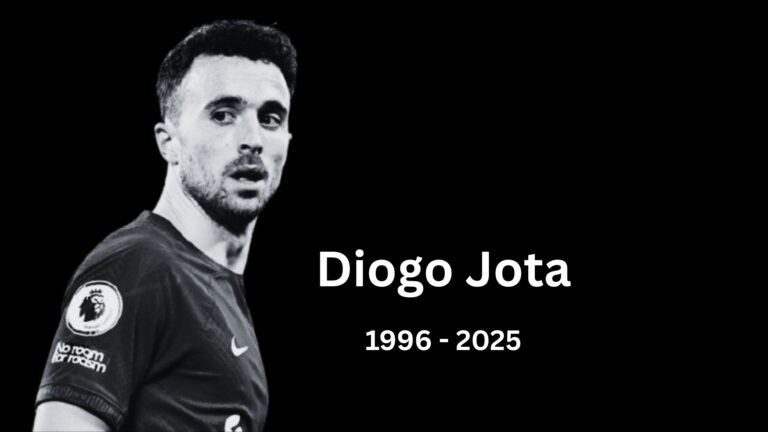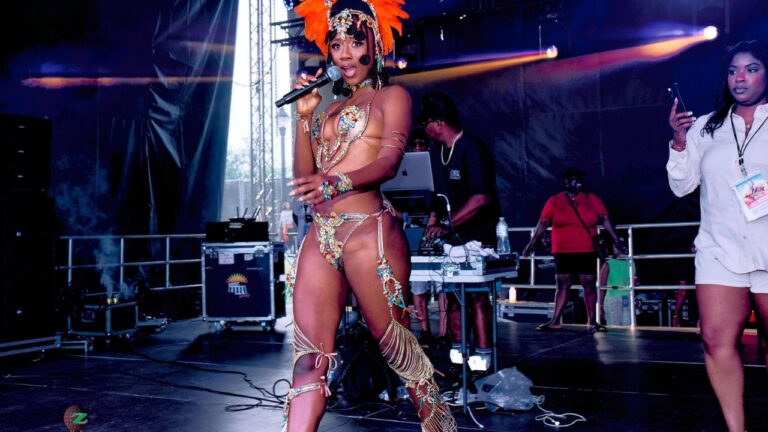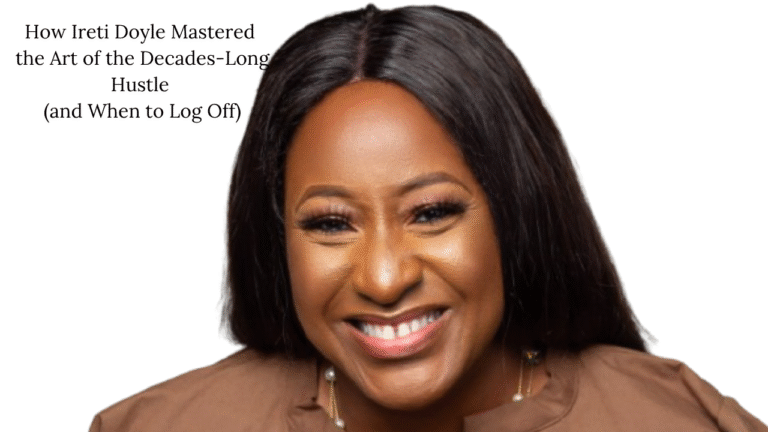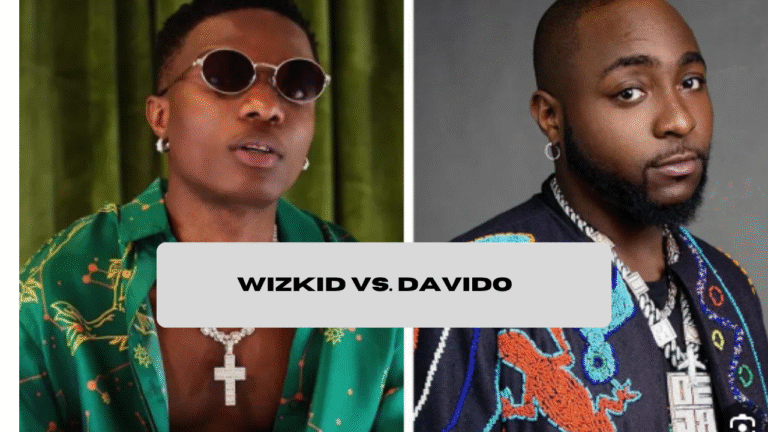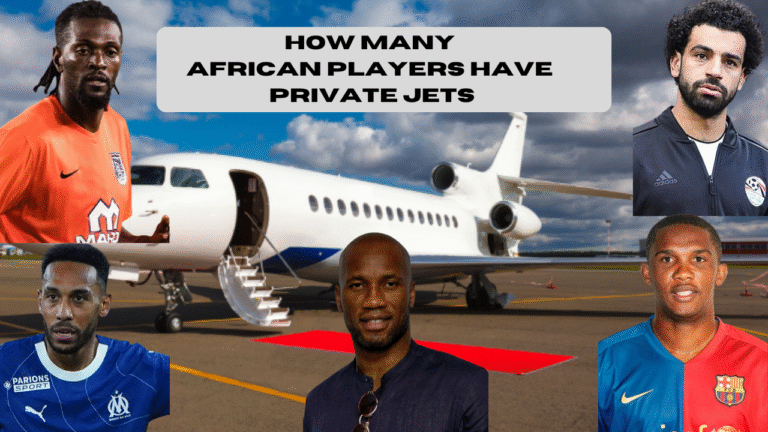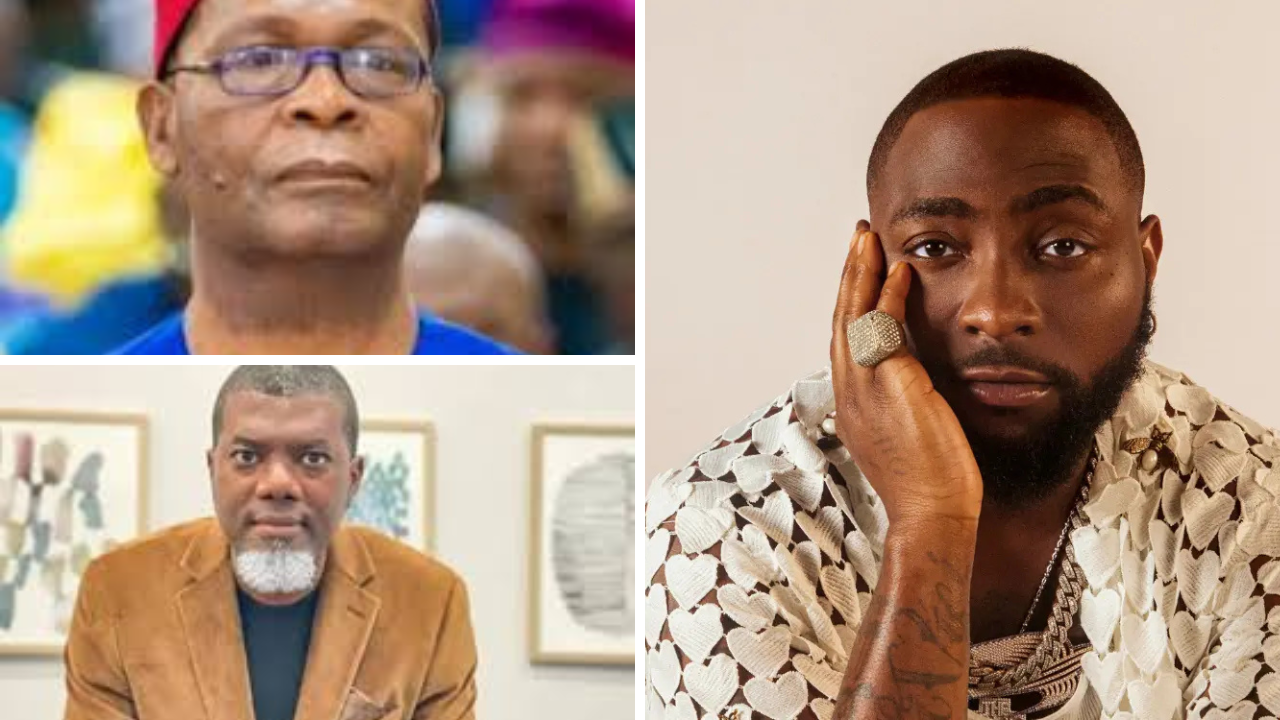
When Afrobeat’s superstar Davido called Nigeria’s economy a “shambles” on the popular US podcast “The Big Homies House,” he probably didn’t expect the firestorm that followed. Back home in Nigeria, reactions were mixed. Some applauded his honesty, seeing it as a wake-up call. Others, like APC chieftain Joe Igbokwe, felt he’d crossed a line. Igbokwe even called for Davido to retract his statement, reminding him that “Nigeria made Davido.” So, what’s the real story here? Is it simply a case of differing opinions, or does this controversy reveal something deeper about how we talk about our country, especially on the global stage?
Numbers vs. Reality: Is Nigeria’s Economy Really in “Shambles?”
Let’s be clear: Davido’s concerns weren’t baseless. He pointed to the struggling exchange rate, the high cost of oil in an oil-producing nation, and issues with leadership—challenges many Nigerians face daily. But former presidential aide Reno Omokri offered a starkly different perspective. Armed with statistics, he countered Davido’s claim, highlighting Nigeria’s impressive 35% return on investment (the highest globally!) and a GDP growth rate exceeding previous years. He even cited a Bloomberg report detailing a $2.5 billion investment from a global meat giant as proof of international confidence in Nigeria’s potential.
So, who’s right? It’s tempting to pick a side—optimism or pessimism—but the reality is likely somewhere in between. Data can offer valuable insights, but it doesn’t always capture the lived experiences of everyday Nigerians. To understand the true state of the economy, we need to listen to diverse voices—market traders, farmers, entrepreneurs, and young people—whose stories might not make it into economic reports.
Love it or Leave it? Rethinking Patriotism in the Age of Social Media
The backlash against Davido raises another important question: What does it mean to be patriotic? Can you love your country and still be critical of its shortcomings? Igbokwe’s assertion that Davido owed Nigeria a positive portrayal suggests a view of patriotism that prioritises unwavering support, even in the face of challenges. But is that truly patriotic, or does it stifle progress by silencing dissent? True patriotism, perhaps, lies in acknowledging both the good and the bad—celebrating achievements while pushing for change where it’s needed.
The fact that this debate played out on social media adds another layer of complexity. Platforms like Twitter have become battlegrounds for national conversations, often amplifying divisions. While social media can facilitate dialogue, it can also lead to echo chambers where dissenting voices are drowned out.
Joe Igbokwe’s Criticism of Davido: Patriotism and Economic Realities in Nigeria
Joe Igbokwe’s criticism of Davido was prompted by Davido’s statement on an American podcast that the Nigerian economy is “in shambles.” Igbokwe, a chieftain of the All Progressives Congress, viewed this statement as detrimental to Nigeria’s image and urged Davido to retract it. His reaction, “Nigeria made Davido,” highlights two key points of contention:
Patriotism and National Image: Igbokwe seems to believe that public figures like Davido have a responsibility to portray Nigeria in a positive light, especially on international platforms. By highlighting the country’s economic struggles, Igbokwe may have felt that Davido was being disloyal to his homeland and potentially discouraging investment or tourism. This perspective aligns with the criticism from Bashir Ahmad, who called Davido’s comments “disappointing and unpatriotic”.
Conflicting Perspectives on Economic Realities: Igbokwe’s stance suggests a belief that Davido’s assessment of the Nigerian economy is exaggerated or inaccurate. While he doesn’t explicitly provide evidence to counter Davido’s claims, his comment implies that Davido’s success is somehow proof of Nigeria’s economic viability. This perspective contrasts with the detailed economic arguments presented by Reno Omokri, who listed several indicators to support his view that Nigeria’s economy is not in shambles.
Igbokwe’s reaction can be seen as a reflection of the broader debate in Nigeria about how to address economic challenges while maintaining a sense of national pride. It raises questions about the role of public figures in discussing sensitive issues and the potential consequences of openly criticising the country, even when those criticisms stem from genuine concerns.
Omokri’s Counter-Arguments to Davido’s Economic Assessment
Reno Omokri presented a range of economic indicators to challenge Davido’s claim that the Nigerian economy is “in shambles”. These indicators aimed to show positive economic trends and potential for growth, directly contradicting Davido’s concerns about factors like exchange rates and oil prices.
Here are the key economic indicators Omokri used in his argument, as detailed in the sources:
High Return on Investment: Citing the Economist Intelligence Unit, Omokri stated that Nigeria currently boasts the highest return on investment (ROI) worldwide at 35%. This suggests a favourable environment for businesses and investors, contradicting the idea of a struggling economy.
Positive Ratings from Credit Agencies: Omokri pointed to upgrades for Nigeria’s economy by both Fitch and S&P Global Ratings to a “Stable B” rating. These ratings, coming from influential international agencies, signal confidence in Nigeria’s economic stability and management.
GDP Growth: Omokri highlighted Nigeria’s Gross Domestic Product (GDP) growth of 3.19% in the second quarter of 2024, surpassing growth rates from both the previous year and the preceding quarter. This positive trend in GDP growth counters the narrative of an economy in decline.
Rising Foreign Reserves: Attributing it to increased capital inflow, Omokri noted that Nigeria’s foreign reserve reached a year-to-date high of $40 billion in November 2024. This signifies a strengthening financial position for the country and a greater ability to weather economic challenges.
Strong Non-Oil Revenue: Omokri emphasized that Nigeria earned ₦10.33 trillion in non-oil revenue in the first eight months of 2024, exceeding the year’s target by 43.4%. This robust performance in non-oil sectors indicates a diversification of the economy and reduced reliance on oil revenue.
Increased Foreign Exchange Inflow: Omokri cited a 67.8% rise in net foreign exchange inflow into Nigeria’s economy, reaching $27.6 billion in the first half of 2024. He attributed this increase, in part, to the National Security Adviser’s efforts to curb leakages, particularly from Binance. This suggests improved financial management and a more attractive environment for foreign investment.
New Financial Products and Investments: Omokri highlighted the introduction of American Express’s first business credit card in Nigeria, the O3 American Express Gold Business Card. He linked this development to Nigeria’s liberalised monetary and fiscal policy, portraying it as a sign of growing confidence in the country’s financial sector. Further strengthening his argument, Omokri cited a Bloomberg report about a $2.5 billion investment by JBS SA, the world’s largest meat producer, in Nigeria, marking its first venture into Africa. He presented this as a clear indication of global confidence in Nigeria’s economic potential, despite acknowledged challenges.
Positive Reforms and Private Sector Growth: Omokri lauded President Tinubu’s signing of the 2023 Electricity Bill, which aims to dismantle the federal monopoly in the power sector and empower states and private entities. He argued that this reform has spurred private investments, citing a collective estimated growth of $1.8 billion in the net worth of entrepreneurs in Nigeria’s power sector.
International Recognition of Reforms: Omokri drew upon a statement by Kristalina Georgieva, the Managing Director of the International Monetary Fund, who praised Nigeria’s economic reforms as “decisive” during the G20 Summit. He presented this as evidence of growing international recognition of Nigeria’s positive economic trajectory.
In addition to these indicators, Omokri also mentioned Meta (Facebook) introducing monetisation for Nigerian content creators, the Nigeria Customs Service breaking its daily revenue record, and Wizkid’s album achieving significant streams on Spotify Nigeria as further evidence of positive economic activity.
Through this comprehensive list of indicators, Omokri sought to present a contrasting view of the Nigerian economy, portraying it as dynamic, growing, and attracting investment, contrary to Davido’s assessment of an economy in “shambles”.
Davido’s Response to Criticism: A Subdued “God Bless Nigeria”

Following the backlash to his statements about the Nigerian economy being “in shambles,” Davido offered a somewhat muted response. He tweeted, “God bless Nigeria 🇳🇬,” which can be interpreted in several ways.
Possible Conciliation: The tweet might be seen as a gesture of appeasement towards those who found his initial comments unpatriotic or damaging to Nigeria’s image. It could be a way of reaffirming his love for his country despite his concerns about its economic situation.
Shifting Focus: The tweet might also be an attempt to move the conversation away from his critique of the economy and onto a more unifying sentiment. By invoking a blessing for Nigeria, he could be trying to redirect the focus towards hope and positivity.
Ambiguity: The brevity and lack of direct engagement with the criticism make Davido’s response open to interpretation. It doesn’t clarify whether he stands by his initial assessment of the economy, nor does it address the points raised by his critics. This ambiguity allows individuals to interpret his tweet in line with their own perspectives on the issue.
It’s worth noting that Davido’s tweet does not explicitly mention the criticism he received. It’s possible that he felt pressured to make a statement in response to the negative reactions, particularly from prominent figures like Joe Igbokwe and Bashir Ahmad.
Ultimately, Davido’s “God bless Nigeria” tweet can be seen as a strategic response to navigate a complex situation where he faced accusations of being unpatriotic while holding onto his personal views about the country’s economic challenges.
Beyond the Headlines: A Call for Nuance and Collective Action
It’s easy to get caught up in the back-and-forth of online arguments, but what’s more important is finding ways to address the real issues at hand. How can Nigeria build a more inclusive and sustainable economy that benefits all its citizens? This requires a shift from blame and finger-pointing to a focus on collaborative solutions. Policymakers, business leaders, and everyday Nigerians all have a role to play in shaping a brighter future.
Ultimately, Davido’s “shambles” comment, while controversial, has sparked a much-needed conversation about Nigeria’s economic realities and the nature of patriotism in the digital age. It’s a conversation that demands nuance, empathy, and a willingness to listen to perspectives that challenge our own. Only then can we move beyond the headlines and work towards building a Nigeria that lives up to its potential.
